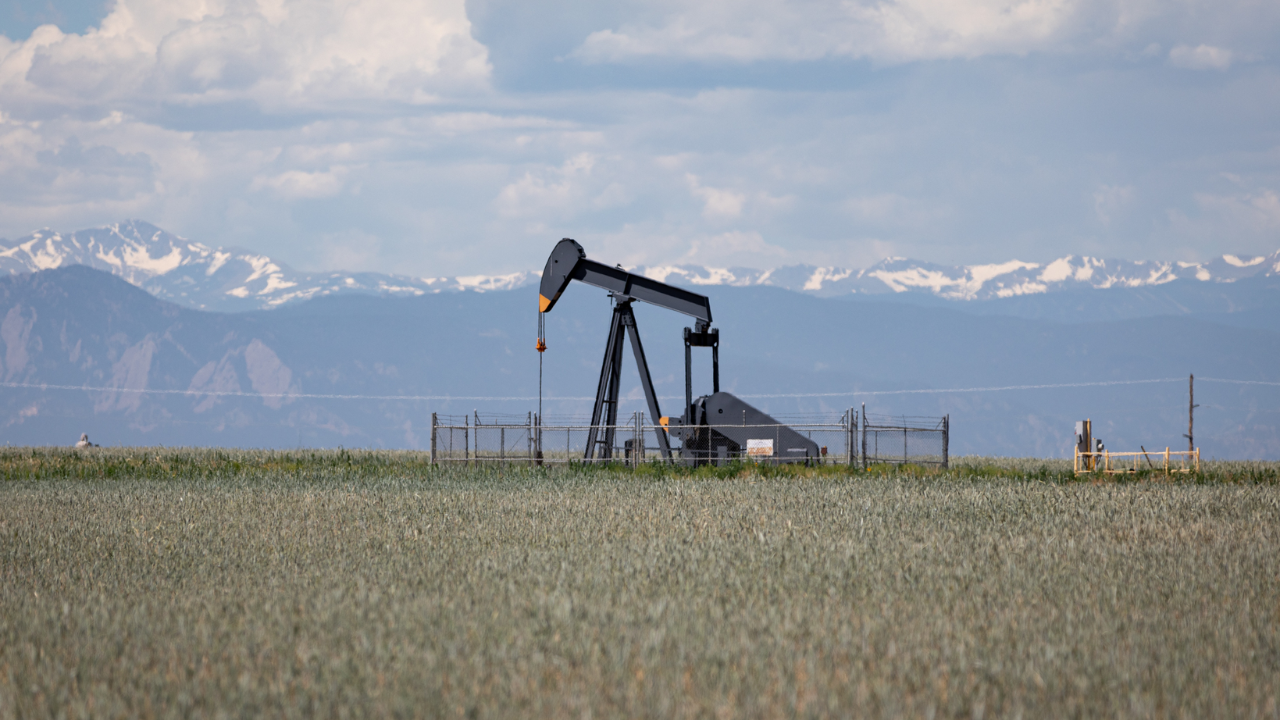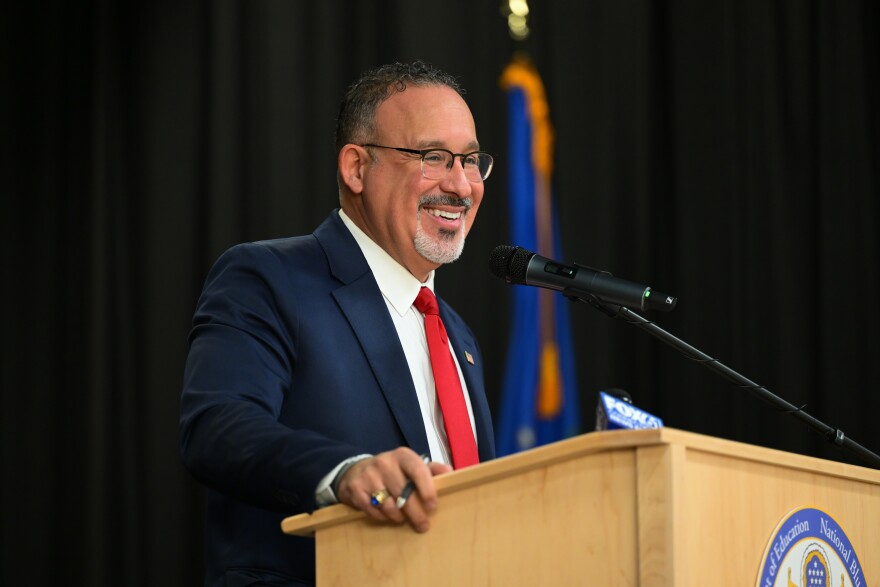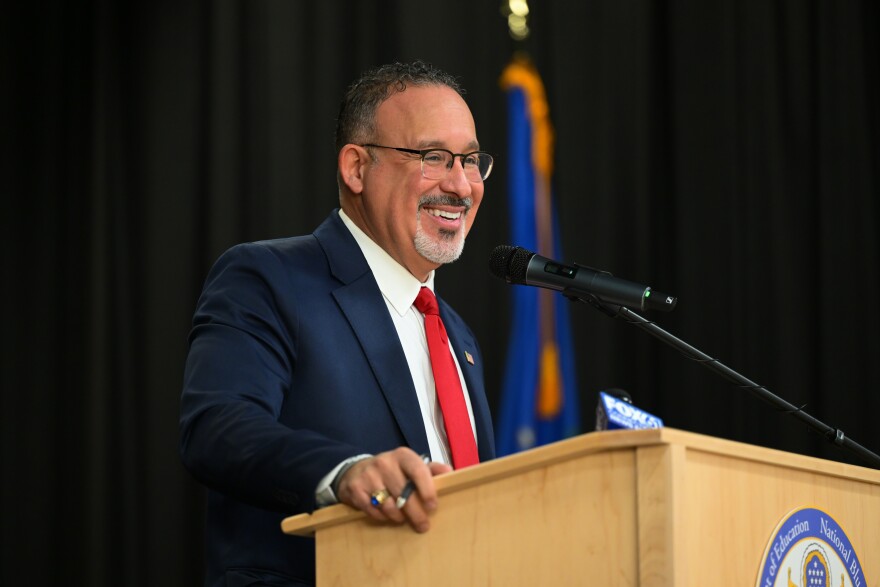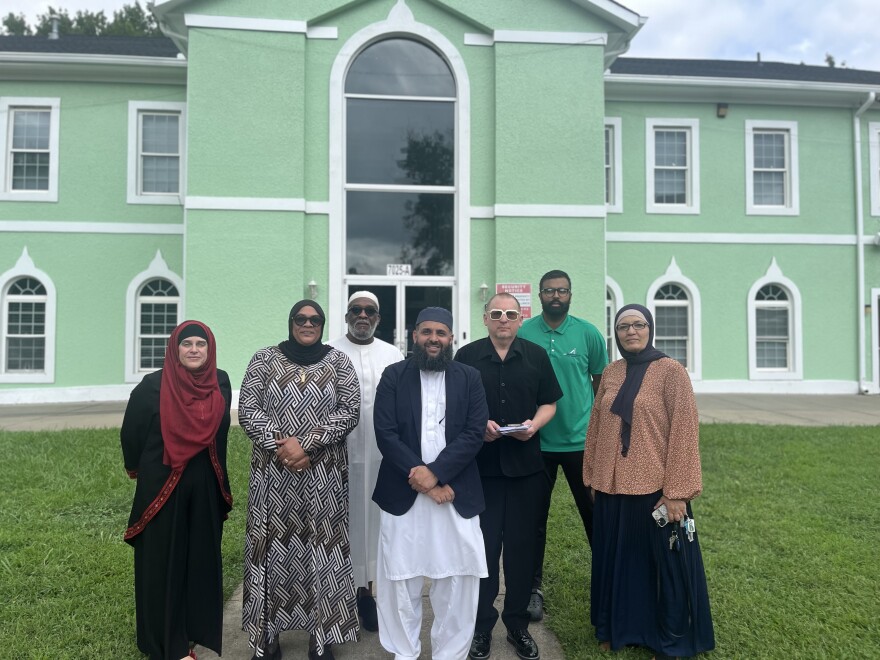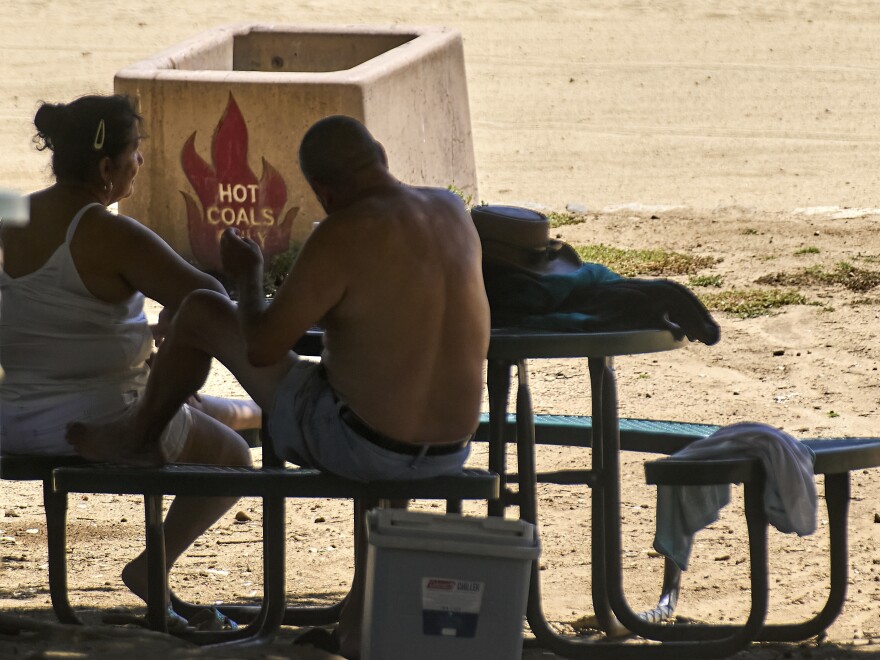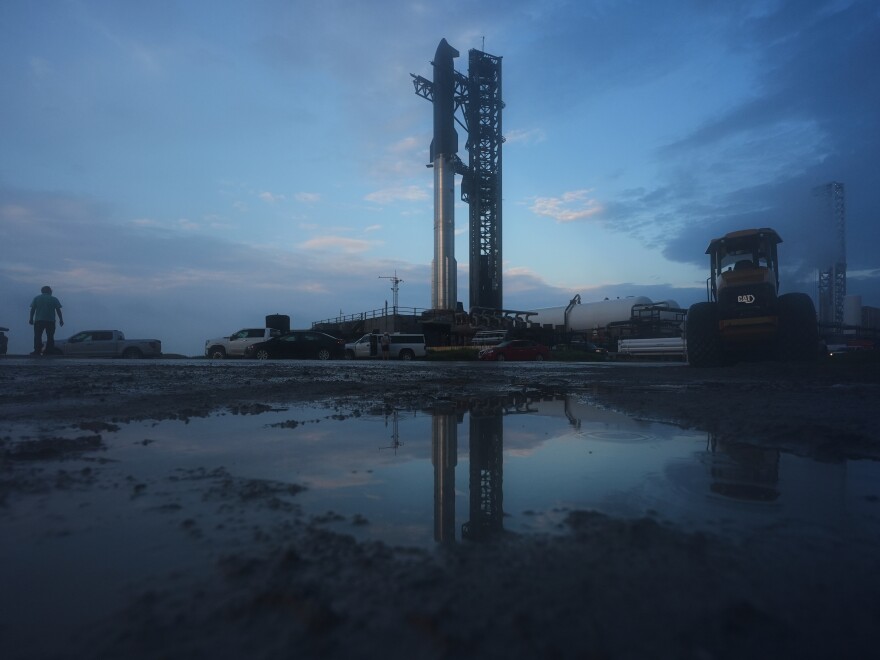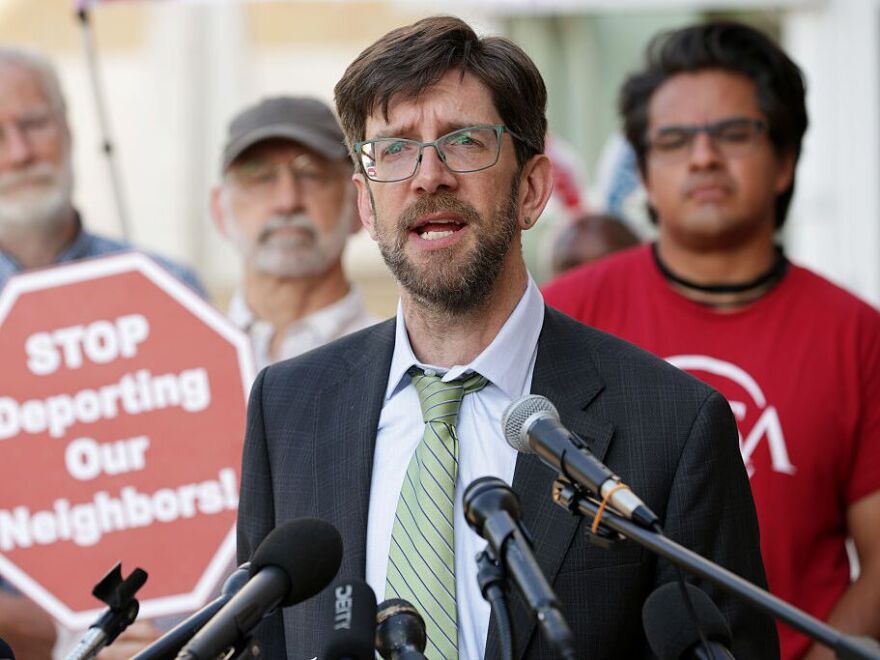Colorado once made headlines with a big plan to change how oil and gas work in the state. This reform aimed to protect the environment, improve public health, and make sure the industry follows stricter rules. But now, many experts, residents, and officials say this landmark reform is not working as expected.
The new rules were meant to limit pollution and reduce risks linked to drilling and fracking near communities.
They included tougher regulations on how close oil and gas companies can operate near homes, schools, and water sources. The goal was to keep people safer and protect Colorado’s clean air and water. However, some recent reports show that these measures have fallen short.
One major problem is enforcement. Despite strict laws, state officials struggle to keep up with monitoring all the oil and gas sites.
This lack of oversight means some companies are not fully following the new rules. Communities near drilling sites continue to report air and water pollution, and health concerns are rising. Residents say they still face risks from emissions and accidents.
Additionally, the oil and gas industry has pushed back hard. Many companies argue that the regulations are too costly and slow down energy production.
This tension has caused delays in approving new projects, which worries some workers and local economies that depend on oil and gas jobs. Critics say this conflict between safety and economic needs shows the reform was not planned well enough to balance both sides.
Another challenge is the unclear impact on greenhouse gas emissions. While the reform aimed to reduce pollution, data suggests that emissions have not dropped significantly. Some experts blame loopholes and weak penalties for non-compliance.
This situation undermines Colorado’s larger goal of fighting climate change and shifting toward cleaner energy.
The reform’s failure also raises questions about how the state government communicates and involves local communities. Many residents feel left out of decisions and say they don’t trust the state to protect their interests.
Public hearings and consultations have not eased concerns. This gap between the government, industry, and citizens has made it harder to fix the problems.
Some environmental groups continue to call for stronger actions. They want tighter restrictions, better monitoring technology, and harsher punishments for companies that break rules. These groups believe Colorado must do more to truly safeguard the environment and public health.
On the other side, industry representatives say they support reasonable regulations but want more clarity and consistency. They argue that sudden changes hurt investments and jobs.
Some suggest that the state should work closely with oil and gas companies to find practical solutions that benefit everyone.
Overall, the landmark oil and gas reform in Colorado is at a critical point. While it started with good intentions, the results so far show it is struggling to meet its goals. The state faces pressure to improve enforcement, fix gaps in the law, and better involve the public.
How Colorado handles these challenges will be important not only for its environment but also for its economy and community trust.
Many experts believe that reform efforts should be reviewed and adjusted soon. Without real changes, the reform risks being seen as just another failed attempt to regulate a powerful industry.
For now, Colorado’s experience offers lessons for other states aiming to balance energy needs with environmental protection.
Disclaimer- Our team has thoroughly fact-checked this article to ensure its accuracy and maintain its credibility. We are committed to providing honest and reliable content for our readers.
